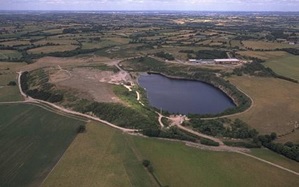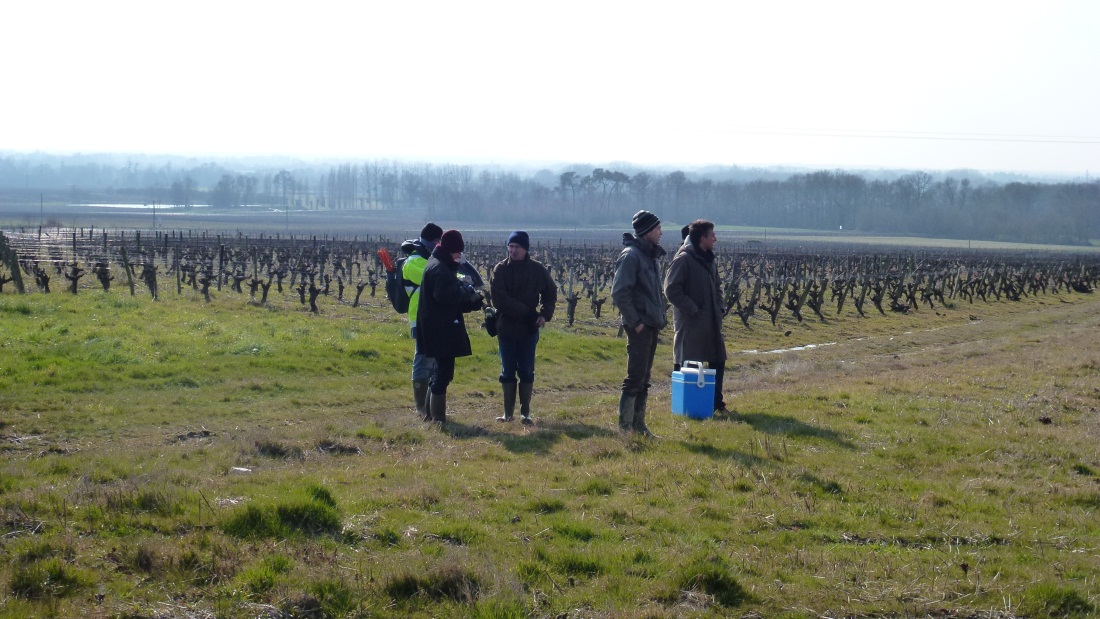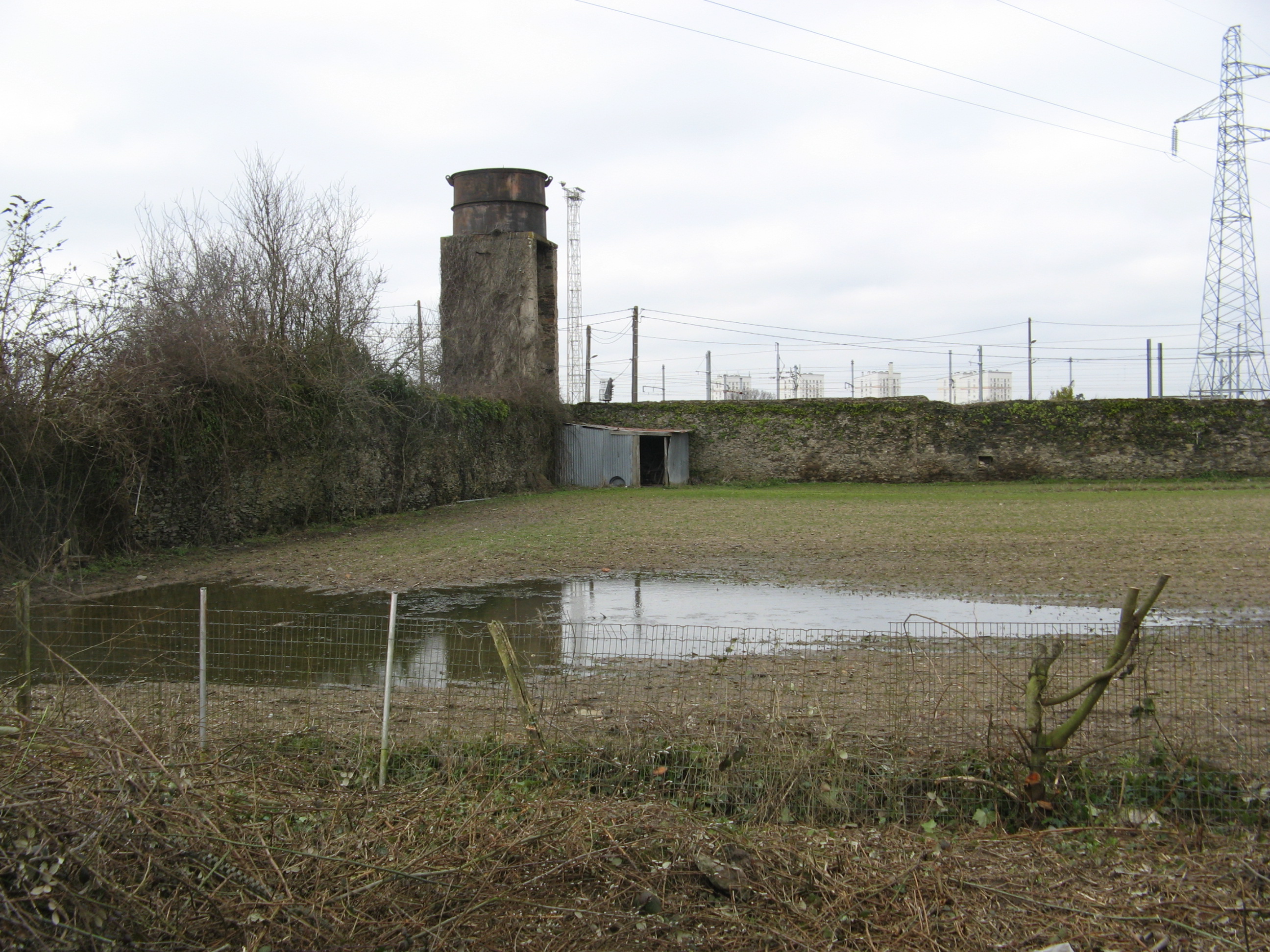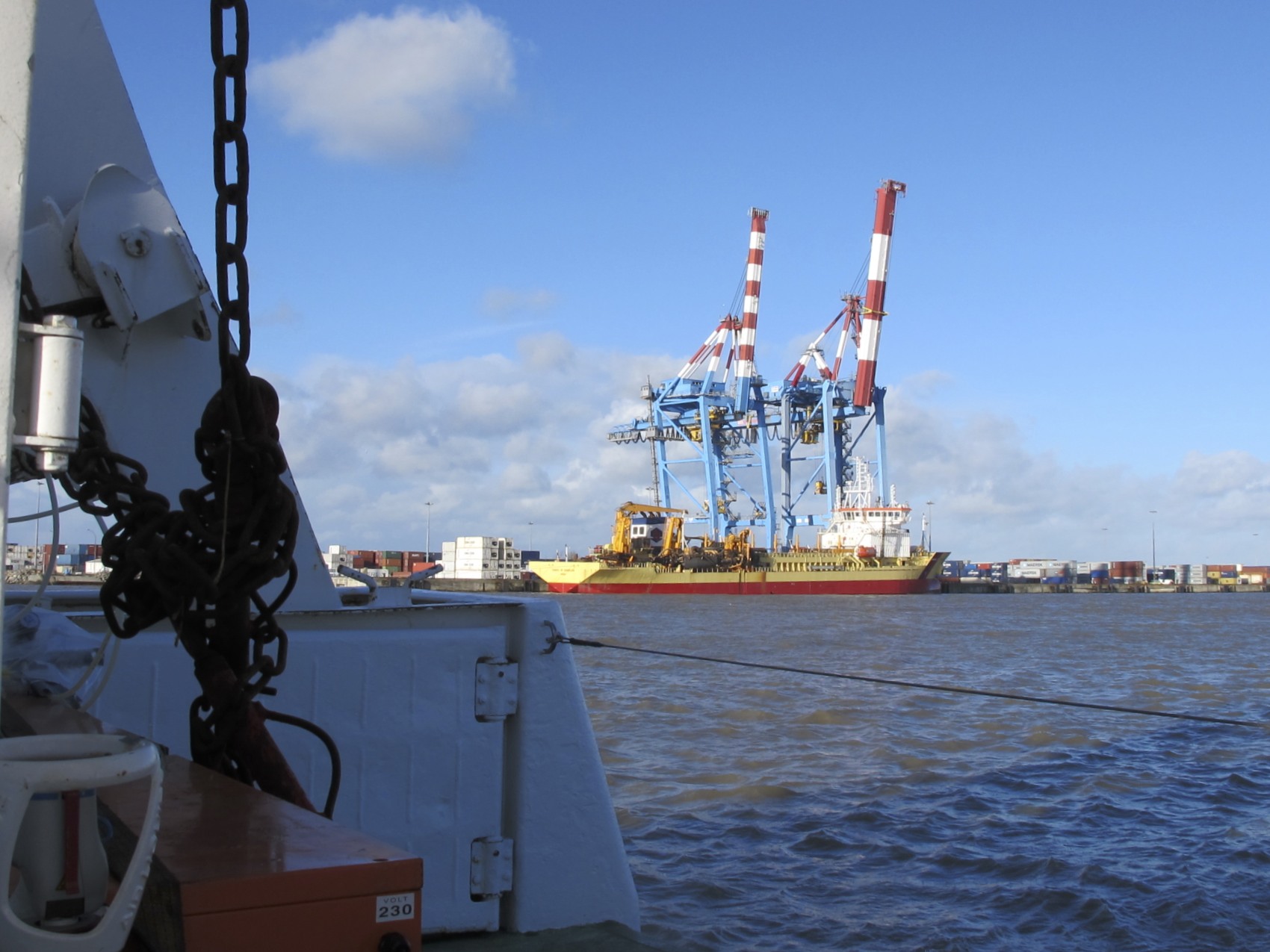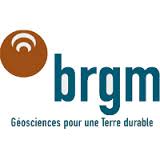POLLUSOLS : Diffuse pollution from land to sea
Contact details
Human activities (transport, industry, agriculture...) are the source of many pollutants that spread into the environment through various channels, polluting soils and sediments.
Just a small amount can cause large areas to become permanently polluted: this is known as nonpoint source pollution.
In the Pays de la Loire region (west of France), research teams from different fields (biology, sociology, chemistry, physics...) work together on the issue of nonpoint source pollution on the land-sea continuum. This is how the POLLUSOLS project began in 2015.
They apply a common methodology on different types of experimental sites reflecting environmental and societal issues on the Loire Estuary: vineyard, urban areas, former uranium mines, and the estuary.
Just a small amount can cause large areas to become permanently polluted: this is known as nonpoint source pollution.
In the Pays de la Loire region (west of France), research teams from different fields (biology, sociology, chemistry, physics...) work together on the issue of nonpoint source pollution on the land-sea continuum. This is how the POLLUSOLS project began in 2015.
They apply a common methodology on different types of experimental sites reflecting environmental and societal issues on the Loire Estuary: vineyard, urban areas, former uranium mines, and the estuary.
Scientific results
POLLUSOLS' researches are published at national, but also and international level in reviews and conferences.
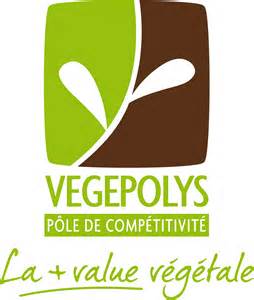 POLLUSOLS is certified by the cluster VEGEPOLYS
POLLUSOLS is certified by the cluster VEGEPOLYS POLLUSOLS is member of People for Soil 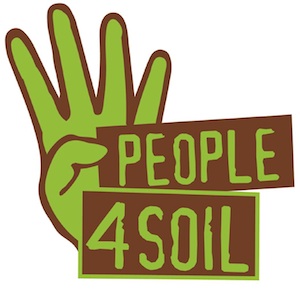

Mis à jour le 09 June 2020.







